This afternoon we learnt that in the early hours of this morning the Indian Army conducted surgical strikes against five terrorist camps located on the Pakistani side of the Line of Control resulting from the ceasefire of 17 December, 1971 (Line of Control). These strikes were in response to two ceasefire violations by Pakistani troops in less than 24 hours. The terrorist camps were launch pads being used by terrorists (supported and financed by the Pakistani state apparatus) to conduct terrorist strikes on Indian positions.
The Pakistani Prime Minister Nawaz Sharif has been quick to condemn these strikes as an act of “unprovoked and naked aggression”
But Sharif needs to know what he’s talking about. These strikes by India were nowhere close to an act of aggression. In fact, India has an obligation arising out of its bilateral commitments with Pakistan to maintain the ceasefire and multilateral commitments to the United Nations to carry out such strikes against terror targets. Surgical strikes against terrorist targets are an obligation that have been cast on states under international law, and India has acted in fulfilment of its obligations despite Pakistani propaganda to the contrary.
Article 2(4) of the United Nations Charter calls upon member states from refraining in the use of force in their relations with each other. This Article essentially makes it illegal for states to use armed force in resolving international disputes. Which is why the Shimla Agreement of 1972 commits India and Pakistan to resolving their disputes in line with the principles of the charter. Note, this does not commit them to resolving their disputes at the UN, but merely commits to resolving them peacefully without resorting to the use of force.
However, the agreement does give India the express right to conduct surgical strikes across the Line of Control should India be required to do so. The Shimla Agreement of 1972 places an obligation on both countries to ensure that neither sides’ territory is used to conduct military strikes on the territory of another.
The relevant portion of Article 1(ii) of the Shimla Agreement of 1972 states:
[..> neither side shall unilaterally alter the situation and both shall prevent the organisation, assistance or encouragement of any acts detrimental to the maintenance of peaceful and harmonious relations; [..> [Emphasis Supplied>
Despite India having made repeated requests to Pakistan to take necessary steps from preventing its territory from being used for acts of terror being perpetrated against India, Pakistan has failed to take such steps. Therefore, under Article 1(ii) of Shimla, so long as India does not unilaterally seek to alter the Line of Control resulting from the ceasefire on 17 December, 1971, India may legally conduct surgical strikes against terrorist positions in on the Pakistani side of the Line of Control.
This has been the first time India has publicly acknowledged the conducting of such strikes and India has not held on to any positions on the Pakistani side of the Line of Control ensuring that the Line of Control has not been unilaterally altered by India. This is nowhere close to an act of “unprovoked and naked aggression” as claimed by Sharif.
More importantly, the United Nations Charter, allows for States to use force when authorised to do so by the Security Council under Chapter VII of the United Nations Charter . United Nations Security Council Resolution 1373 (2001) places at operative clause 2(b) places an obligation on all states to:
[..>Take the necessary steps to prevent the commission of terrorist acts[..> [Emphasis Supplied>
This grants India implicit authority to conduct surgical strikes should it be in the interest of preventing the commission of any terrorist attack. The launch pads attacked this morning were being used by terrorists to commit terrorist acts on Indian territory, and therefore India has the authority to proceed against these launch pads in terms of this resolution. Resolutions passed under Chapter VII are binding on all state parties to the United Nations.
These strikes by India were nowhere close to an act of aggression
So what despite Sharif and the Pakistani propaganda machinery would like to say, these strikes were an act of peace aimed at preventing future acts of terror. India was constrained to fulfill obligations that Pakistan has repeatedly failed to fulfill despite numerous requests from India to do so. There was no act of aggression.
The whole purpose of surgical strikes is to ensure that the situation does not escalate into a full-blown armed conflict. Kudos to this government and our Armed forces for taking the moderate approach and responding proportionally.


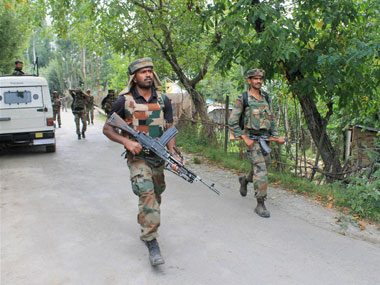)




)
)
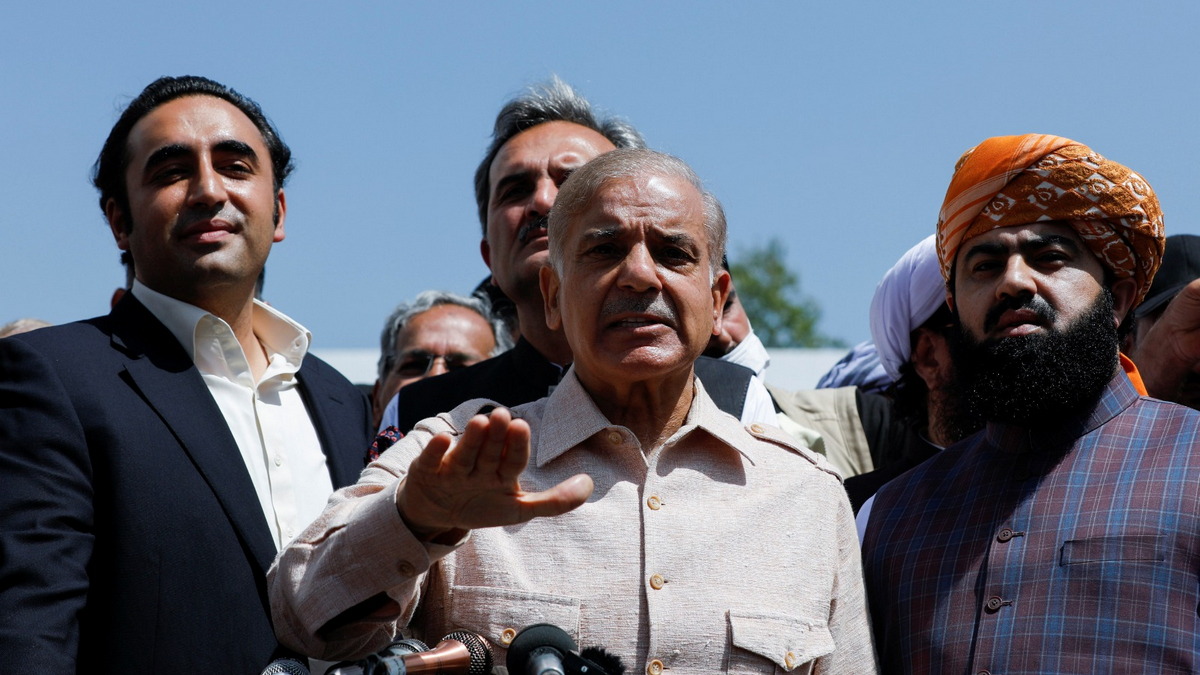)
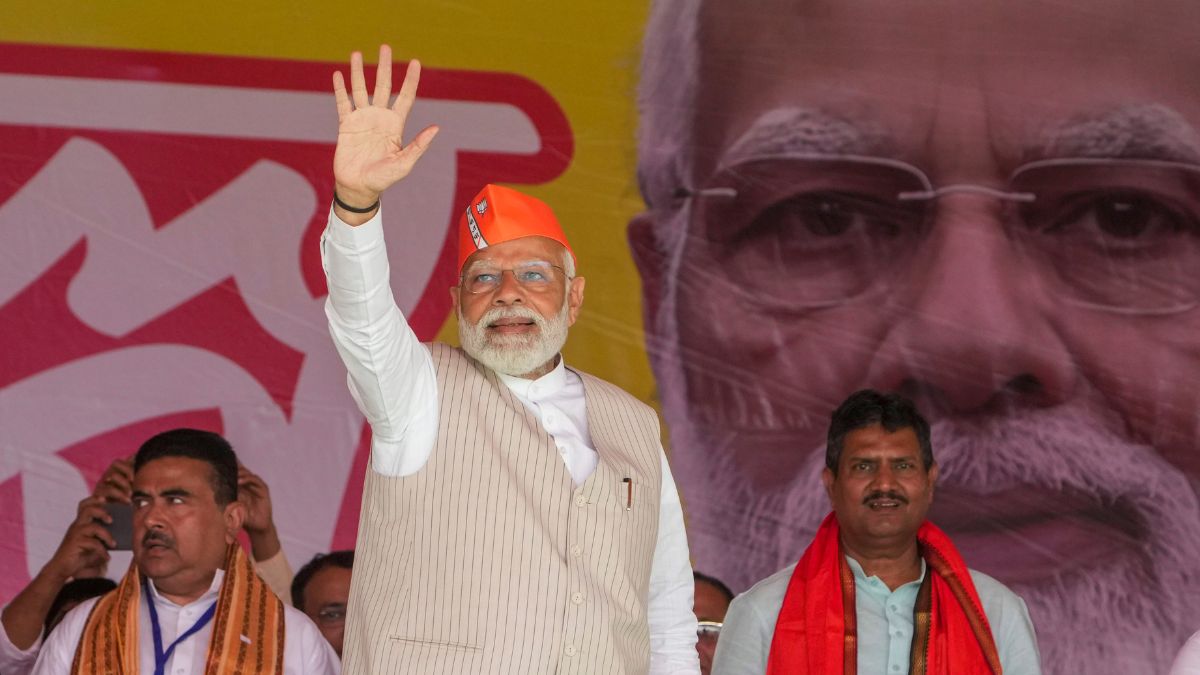)
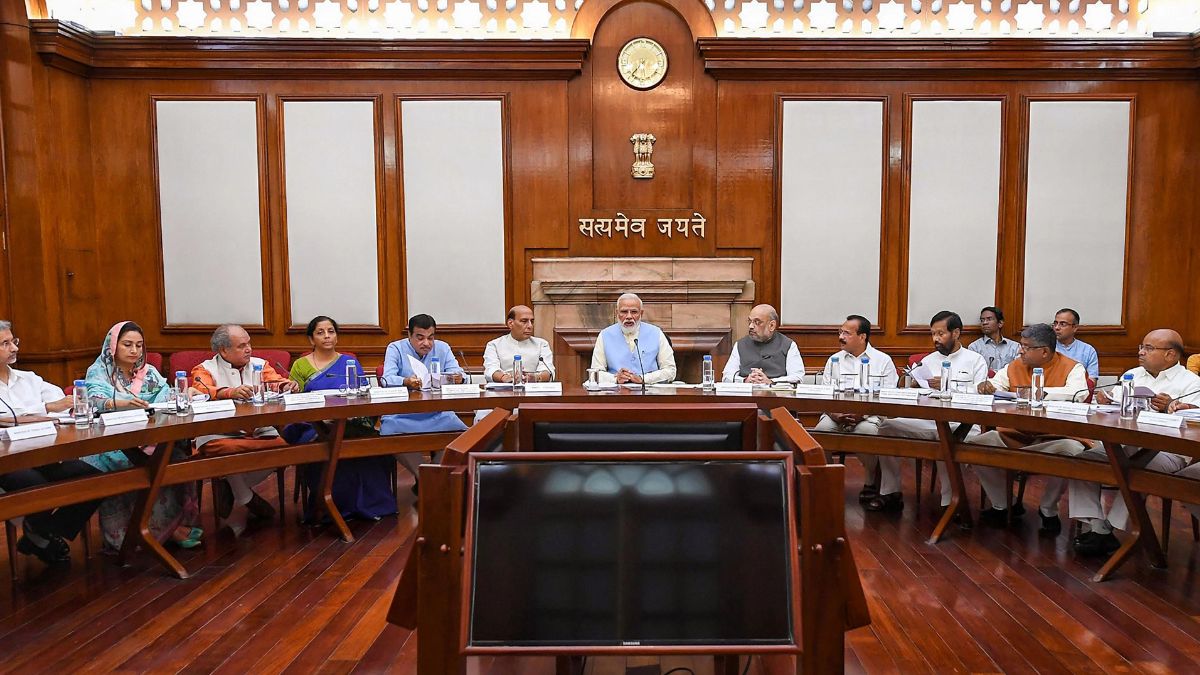)
)
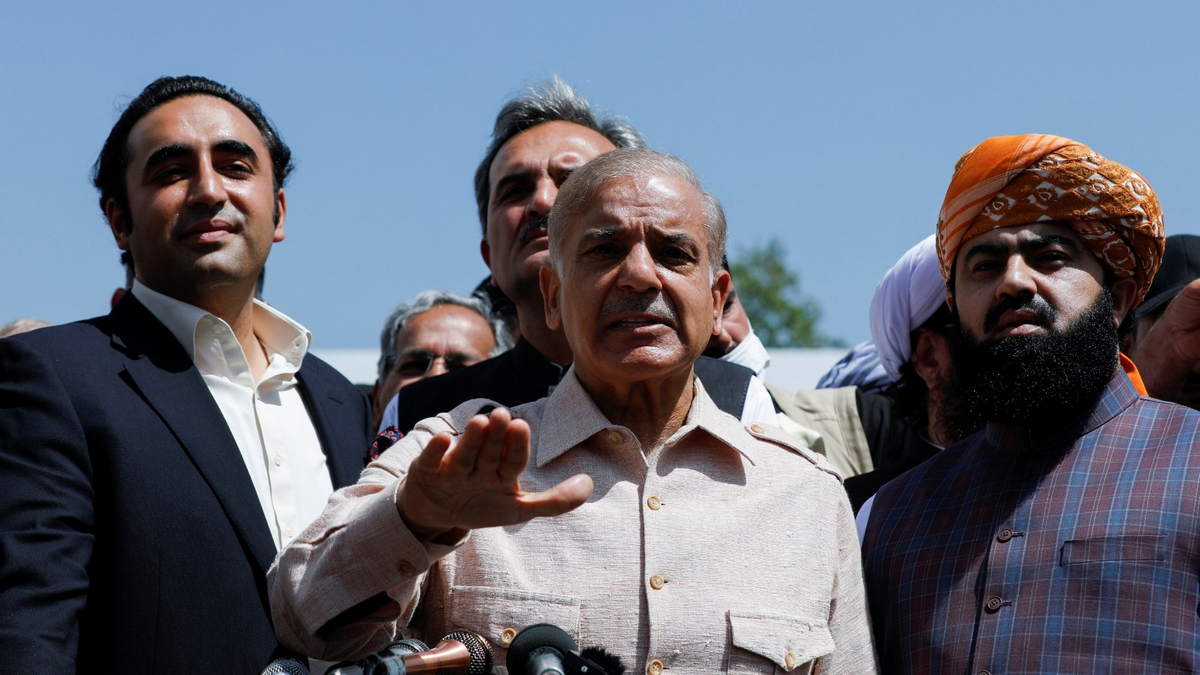)
)